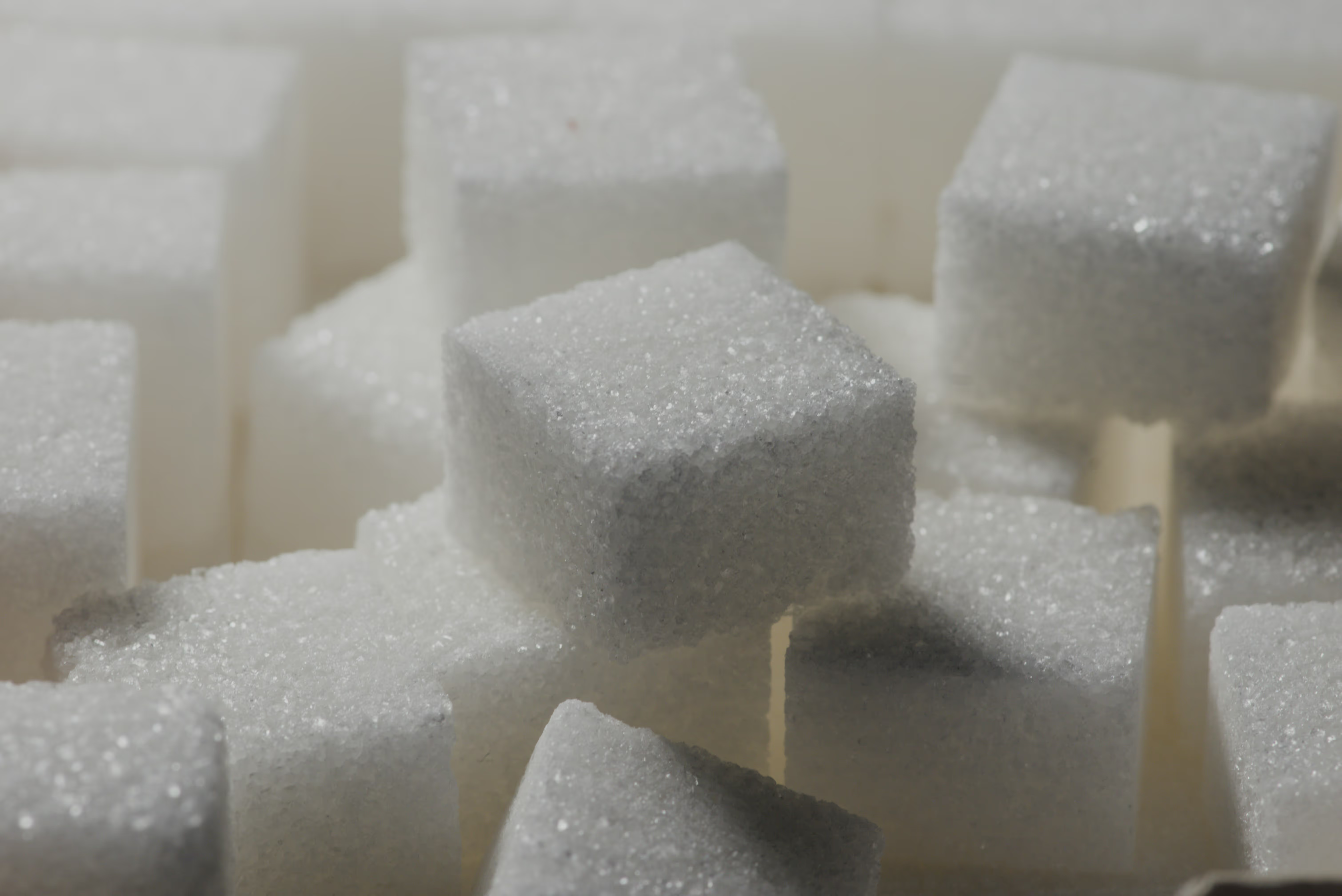Can a blood draw tell you whether you have cancer?
Liquid biopsies analyze blood, urine, or sputum for DNA signatures of cancer, and can detect many cancers earlier than current screening protocols. The technology is still developing, but could radically transform cancer diagnosis and treatment.
How dangerous are microplastics?
Microplastics are ubiquitous and have been found in the most remote parts of the world. Their ties to respiratory, digestive, fertility, and neurological issues, as well as several cancers, means it’s important to reduce your exposure.
What we know about the health risks of "forever chemicals"
PFAS, or “forever chemicals,” have been linked to multiple types of cancer and several serious health conditions. These chemicals are pervasive in the environment, but you can make simple changes to limit your exposure.
The widespread health risks of endocrine-disrupting chemicals
Endocrine disrupting chemicals interfere with many basic body functions and have been linked to multiple types of cancer as well as other health problems. They are present in plastics, personal products, textiles, and even drinking water, but there are ways to reduce your exposure.
The health risks of radiation (and what you can do to avoid it)
Ionizing and non-ionizing radiation exposure can increase the risk of several types of cancers. Some sources, like cell phones, are still under study.
Take Control of Your Health
Catch shares cutting-edge science and simple actions that could change your future.












